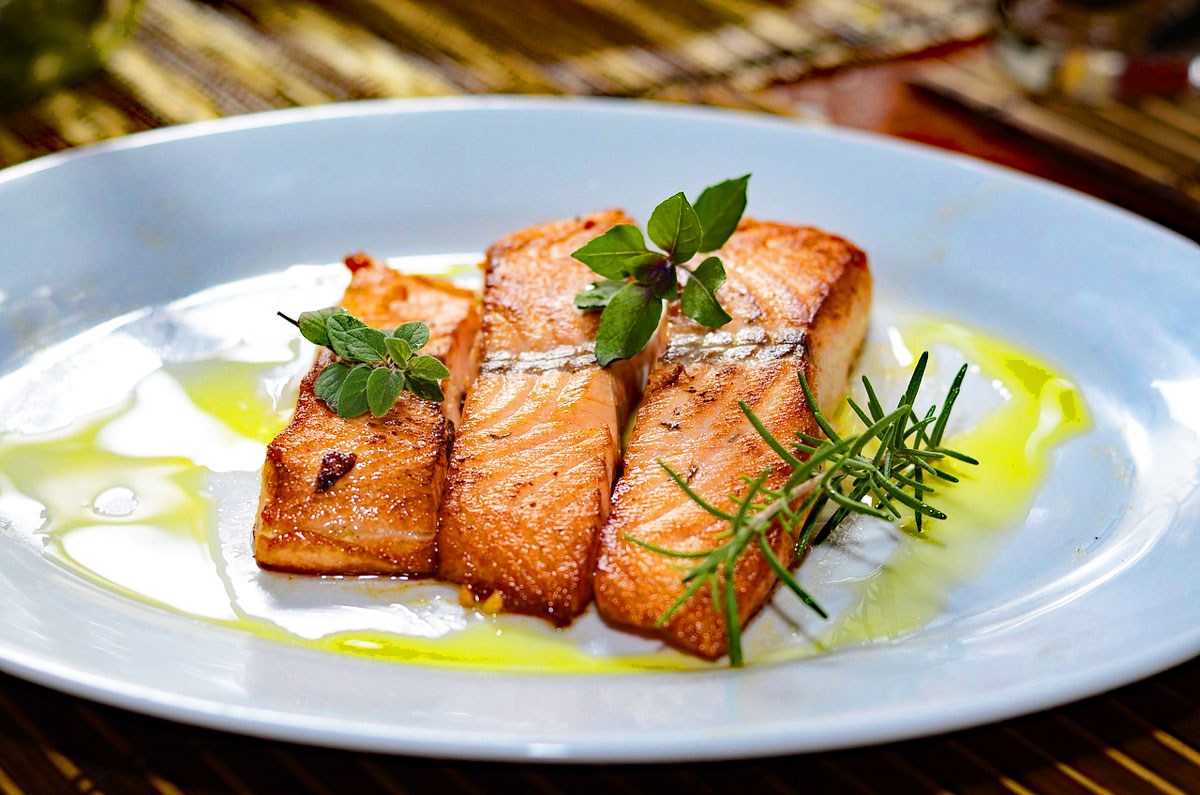In the ever-evolving landscape of nutrition, few components have earned as much attention as omega-3 fatty acids. These essential fats, which the body cannot produce on its own, are crucial for maintaining optimal health. Their role spans from supporting brain function to reducing inflammation and improving heart health. Despite their numerous benefits, many people wonder whether they truly need to prioritize omega-3-rich foods in their diet, especially if they dislike fish, one of the most common sources. The answer is a resounding yes—omega-3s are vital, and there are many ways to incorporate them into your diet without relying on fish.
Why Are Omega-3 Fatty Acids Essential?
Omega-3 fatty acids are a type of polyunsaturated fat crucial for maintaining several physiological functions. They play a pivotal role in brain health, particularly in memory and cognitive function, as they are a major component of brain cell membranes. Additionally, omega-3s are integral to heart health. Studies have consistently shown that diets rich in these fatty acids help lower blood pressure, reduce triglycerides, and prevent arterial plaque buildup.
Beyond cardiovascular benefits, omega-3s are renowned for their anti-inflammatory properties. Inflammation is at the root of many chronic diseases, including arthritis, diabetes, and even some cancers. Regular intake of omega-3s helps reduce the risk of these conditions, providing both preventive and therapeutic effects. They also support eye health, improving visual acuity and reducing the risk of age-related macular degeneration.
Sources of Omega-3 Fatty Acids
The most well-known omega-3s are EPA (eicosapentaenoic acid) and DHA (docosahexaenoic acid), which are primarily found in fatty fish such as salmon, mackerel, and sardines. However, not everyone enjoys fish or includes it in their diet. Fortunately, there’s also ALA (alpha-linolenic acid), a plant-based omega-3 fatty acid found in a variety of foods. Although the body can convert ALA to EPA and DHA, this process is not highly efficient, which is why consuming a mix of sources is important.
For fish lovers, incorporating fatty fish into meals twice a week is one of the easiest ways to meet omega-3 requirements. For those who avoid fish, a wealth of plant-based and alternative options are available, ensuring everyone can benefit from these essential nutrients.
Plant-Based Omega-3 Sources
If fish isn’t your thing, don’t worry—nature offers plenty of alternatives. Flaxseeds and flaxseed oil are excellent sources of ALA. Adding ground flaxseeds to smoothies, oatmeal, or baked goods is a simple way to boost omega-3 intake. Similarly, chia seeds pack a powerful omega-3 punch and can be incorporated into puddings, yogurt, or sprinkled over salads.
Walnuts are another versatile option. Snacking on a handful of walnuts or incorporating them into dishes not only provides omega-3s but also delivers other essential nutrients like magnesium and antioxidants. Hemp seeds, often overshadowed by flax and chia, are a nutritional powerhouse, offering a balanced ratio of omega-3 to omega-6 fatty acids.
Omega-3 Fortified Foods
Another option for those avoiding fish is omega-3-fortified foods. Many brands now offer products such as eggs, milk, and yogurt enriched with DHA. These are particularly helpful for individuals with dietary restrictions or those looking for convenient ways to enhance their omega-3 intake. Checking labels for fortified options can make a significant difference in meeting daily requirements.
Algae-Based Omega-3 Supplements
For vegetarians and vegans, algae-based omega-3 supplements are a game-changer. Algae is one of the primary sources of DHA and EPA, making it an excellent plant-based alternative to fish oil. These supplements are derived from sustainably harvested algae and provide similar benefits without relying on animal products. They are also free from concerns about mercury contamination, which can be an issue with some fish-based sources.
Practical Tips for Incorporating Omega-3s
Making omega-3s a part of your diet doesn’t have to be complicated. Start by identifying your preferred sources—whether they are fish, plant-based foods, or supplements—and incorporate them into meals and snacks. For example, use flaxseed oil as a base for salad dressings, sprinkle chia seeds into your breakfast cereal, or enjoy a smoothie blended with fruit and spinach.
Cooking methods also matter. To preserve the integrity of omega-3 fatty acids, avoid high-heat cooking, which can degrade their nutritional value. Instead, opt for steaming, baking, or eating foods raw when possible. If you choose to consume fish, look for wild-caught options, as they tend to have higher omega-3 content than farmed varieties.
Are Omega-3 Supplements Necessary?
For individuals with dietary restrictions, omega-3 fish oil supplements can be a practical solution. Fish oil is one of the most popular choices, but not all supplements are created equal. High-quality options should be third-party tested for purity and potency. Algae-based supplements are an excellent alternative for those avoiding animal products.
It’s important to consult a healthcare provider before starting any supplement regimen. While omega-3s are generally safe, excessive intake can lead to side effects like blood thinning, which may be problematic for individuals on certain medications.
The Bottom Line
Maintaining an omega-3-rich diet is essential for overall health, affecting everything from heart function to brain health and inflammation control. While fish is a fantastic source, it is by no means the only option. Plant-based foods, fortified products, and supplements ensure that everyone can enjoy the benefits of omega-3s, regardless of dietary preferences.
Whether you sprinkle chia seeds on your yogurt, take an algae-based supplement, or incorporate walnuts into your snacks, there are countless ways to meet your omega-3 needs. By prioritizing these healthy fats, you’re investing in a healthier, more vibrant future.













